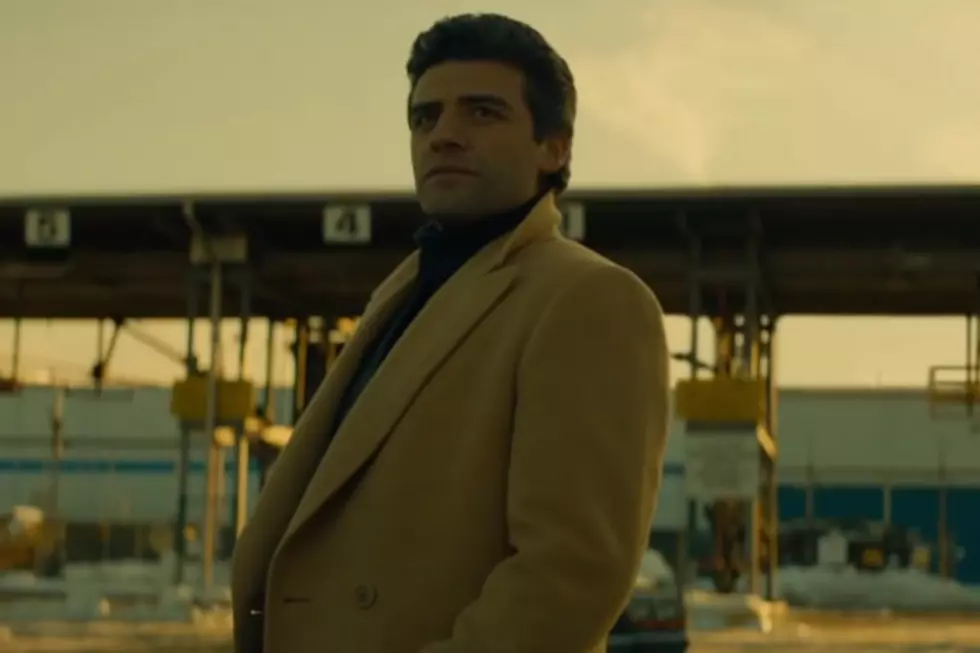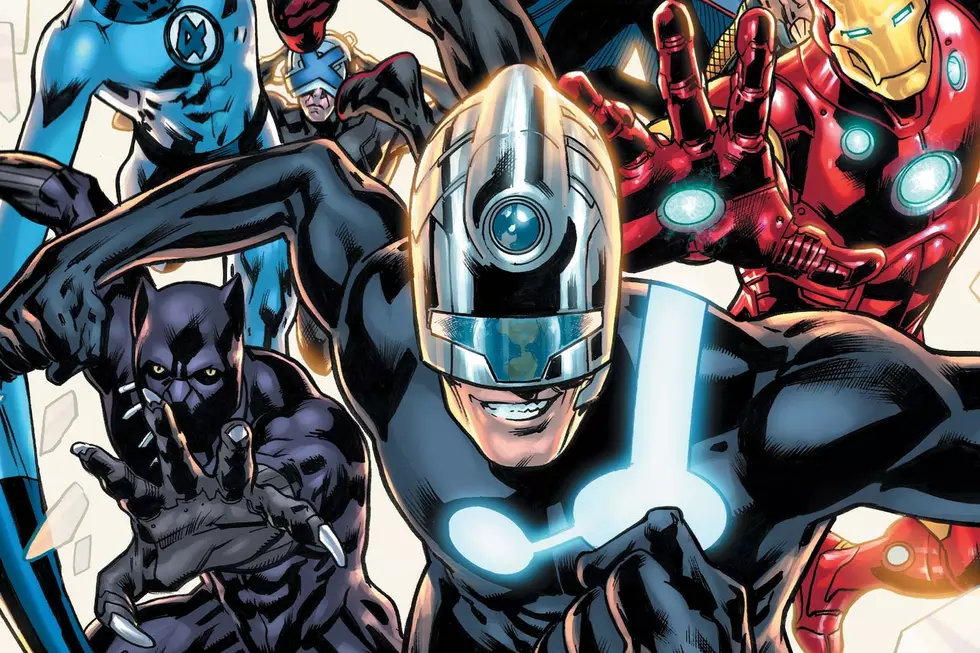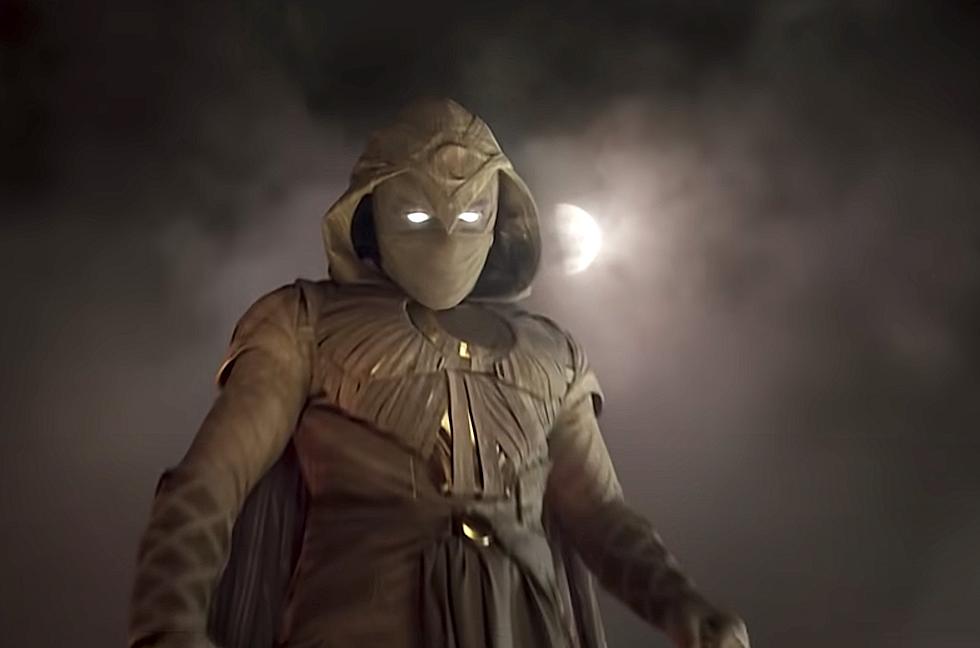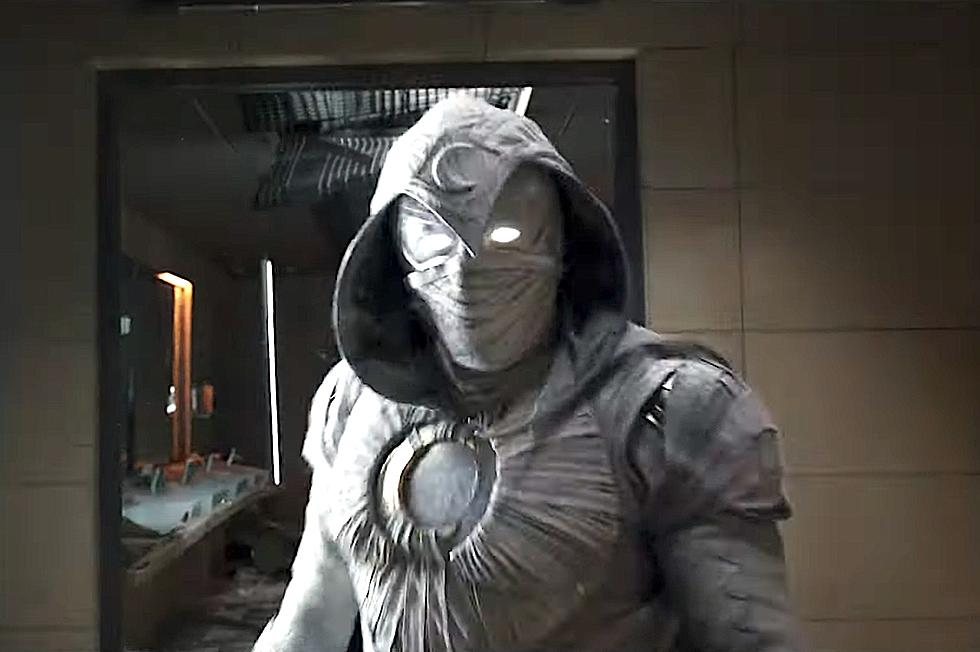
J.C. Chandor on ‘A Most Violent Year’ And Keeping ‘Star Wars’ Secrets
J.C. Chandor’s filmography is remarkable for the lack of titles included. There’s a short film from 2004 that Chandor wrote and directed called ‘Despacito,’ then three feature films that he also wrote and directed. The first of those, 2011’s financial crisis film, ‘Margin Call,’ was nominated for a Best Original Screenplay Academy Award (it lost to ‘Midnight in Paris'), so of course Chandor follows that up by writing a screenplay that has virtually no dialogue about a man (Robert Redford) stranded in the middle of the Indian Ocean in ‘All is Lost.’ His third film, ‘A Most Violent Year,’ is a departure from either of his first two movies, well, sort of. Despite its title, it’s not so much a violent movie—at least compared to what else we might see in theaters—but more a meditation on violence as much as ‘Margin Call’ is a meditation on greed and ‘All is Lost' is a meditation on death.
In ‘A Most Violent Year,’ Oscar Isaac plays Abel Morales, a man who dabbles on both sides of the law in order to bring success to his heating oil company—teaching a good sales pitch is just as important as skimming some money off the gross income. After a series of attacks targeting his heating trucks, Morales and his wife Anna (Jessica Chastain) do what they have to do to protect their business and family.
Chandor is the definition of “gregarious.” He likes telling long stories (to the point he drove the film’s publicists crazy trying to keep everything running on time, until they just kind of gave up), which I suppose makes sense considering his profession. Chandor is the true definition of “storyteller,” in that he conceives a story and follows it through from start to finish—whether that’s on film or in a Park Avenue hotel. Though, Chandor admits he’s a “loudmouth,” but commends himself on not revealing a big secret about Oscar Isaac’s role in the new ‘Star Wars’ movie.
Before the interview started, there was a good amount of benign chitchat, but that led to Chandor mentioning that he had just been in St. Louis for Thanksgiving, right when it was announced that a grand jury had decided not to indict Officer Darren Wilson for killing Michael Brown … and how events like these (and specifically Sandy Hook) shape how society reacts to violence.
J.C. Chandor: I was just there; my wife’s family is St. Louisans. I was just there for five days at Thanksgiving.
Which is right when the grand jury announcement was read.
My wife’s sister is a teacher at the Ferguson Technical High School, so it’s basically the regional vocational high school. So it’s all these great kids who have gone out of their way to get in these training programs. So, she’s teaching English to kids that are learning welding and very specific technical skills.
Can you look at something like Ferguson and see a specific story that you might want to tell?
Yeah. My problem, right now, is I can look at that and there are 50 stories. What I find fascinating in any situation is the motivations … what is the human drama? Why are people making the decisions they’re making?
So you like characters who make realistic decisions?
Yeah.
Though in a movie, do you have to compromise for the narrative or to make things more interesting?
No. That I rarely, if ever—no, I would never do that. I’d rather have my movie be a little boring for two or three minutes then sort of jam it down your throat in the wrong way. [Chandor puts on a Standard Heating Oil hat from the movie.]
That’s a fun hat.
We’re making more of them. We’re going to try and spread them around. My daughter teases me that I only made the movie so I could get a new hat. I was like, “Movies have been made for stupider reasons than that.” I keep joking, we were out at Skywalker the day before yesterday…
Why?
That’s where I mixed the movie and they did a nice, beautiful screening for us in San Francisco.
I thought maybe you got to go with Oscar Isaac.
Oh, no. I mixed at Skywalker Sound.
It would be great if you casually dropped the fact you’ve seen ‘The Force Awakens.’
[Laughs] No one up there has seen it. I did get to see the trailer like an hour before it came out. I actually knew something about that X-Wing Fighter last winter when we were shooting this. And I am the biggest loudmouth in the world and I kept it secret.
What did you know?
They were ready to kill someone over that secret. It was that Oscar was going to be flying one of those; it was that he was going to be a pilot. That’s what I heard him talking about and I was like, “Oh!” And we was like, “If you fucking tell anyone!” Literally for ten months I’ve had to keep this secret.
You cast Oscar Isaac, who was coming off ‘Inside Llewyn Davis,’ and now your movie has the star of the new ‘Star Wars’ movie.
I know! And then he’s going to be in ‘X-Men.’ It was really fun when that was all going on because [J.J. Abrams] was thinking of casting him as we were shooting, so we got to give a great word that “this kid is awesome.” Which is pretty cool now.
‘A Most Violent Year’ takes place in 1981. Why 1981?
It’s totally random … I’d been offered probably 50 projects since I wrote ‘Margin Call’ for different forms of jobs, whether it be re-writes or directing or whatever.
Which you obviously turned down, because the only three movies on your filmography are the three movies you wrote and directed, which is remarkable.
So I had watched for years—as I was struggling along—my friends, my competitors and everything else kind of make mistakes. You get that one film you wrote and directed and you screw it up one way or another. Or you don’t screw it up, but you’re unlucky.
You don’t want to do a ‘Garbage Pail Kids’ movie for the money, then have to remind people you did ‘All is Lost.’
Yeah, so I was taking my choices kind of seriously. But, I’m in the middle of editing ‘All is Lost,’ which is a very stressful endeavor because we didn’t even know if that was going to be a fucking movie. It was ridiculous. We’re making a movie where nobody talks, so that was very stressful and never knew if I was going to work again after that. So, I was trying to get a job. And my agents, who I love, were sending me all this shit and I’m looking and of the 50 books, scripts, remakes, whatever—they are violent; all of them like really violent. So, I start analyzing my own relationship with violence in movies.
What did you realize?
Then a horrible, violent act happened two towns over: the Sandy Hook Elementary school shootings. It’s about 15 minutes from my house. I’m driving my daughter into school and there’s an armed guard at the front door of the school that they decided to put there. So the third or fourth day of dropping her off, my pragmatic brain starts thinking, All we’ve done now is given one of these psychopathic kids target practice. They kill that guard and we’re right back to where we were with an unguarded school. And yet you’ve changed all these children’s perceptions of what it means to be safe at their school, because now they feel there needs to be a gun at the fucking front door to feel safe—so this idea of escalation, which is basically what this movie is about … the real damage from a violent act are the ripples that go out into society in general.
Mike Ryan has written for The Huffington Post, Wired, Vanity Fair and GQ. He is the senior editor of ScreenCrush. You can contact him directly on Twitter.
More From ScreenCrush









